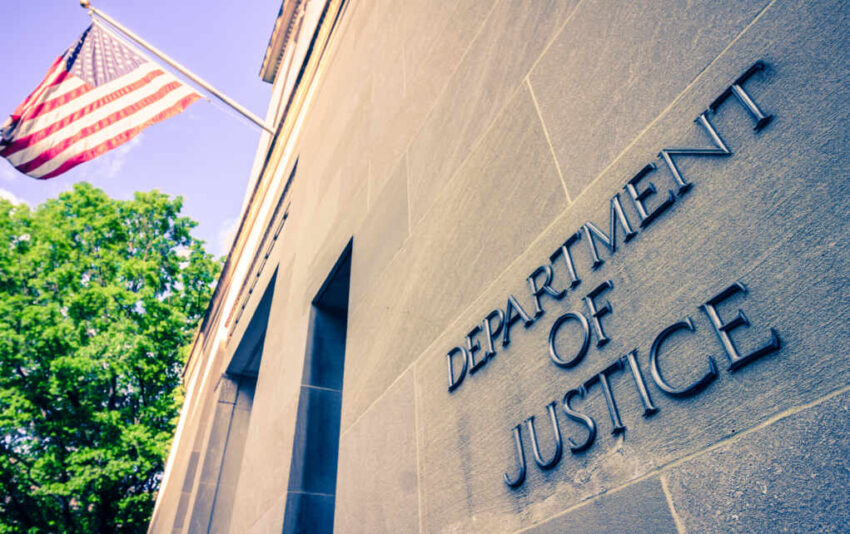In a power play echoing past controversies, the Trump administration is pushing to centralize state election data and inspect voting equipment—provoking resistance from states and fears of voter suppression.
At a Glance
- The administration is demanding voter rolls and election-system access from multiple states ahead of 2026.
- Federal requests stem from Project 2025, a conservative plan to expand centralized election authority.
- Colorado and Florida have limited cooperation; other states are rejecting requests over security and privacy.
- The Justice Department and White House are now empowered by an executive order to enforce citizenship verification and election deadlines.
- Voting-rights organizations warn these actions may suppress voter turnout, particularly among marginalized populations.
Federal Overreach in Election Oversight
The Trump administration’s renewed efforts to influence state-run elections have reignited the federalism debate. Project 2025, developed by the Heritage Foundation and aligned think tanks, serves as the ideological blueprint guiding these maneuvers. It urges the use of civil rights laws and executive power to audit state election operations and assert federal oversight.
The Justice Department has issued broad data requests to at least nine states, seeking comprehensive voter-roll information. While Florida and Colorado provided limited data, most states resisted outright, citing privacy concerns and constitutional protections for state-managed elections. Colorado officials notably rejected direct White House consultant requests to inspect voting machines, warning of potential security breaches and unauthorized interference.
Watch a report: Project 2025 Calls for Gutting of Election Security Agency
An executive order issued in March empowers federal agencies to enforce proof-of-citizenship requirements for voter registration and mandates that ballots received after Election Day not be counted. Legal challenges are already mounting against these directives, with courts questioning the constitutionality of centralized federal control over elections—a system traditionally safeguarded by states.
State Defiance and Civil Liberties Concerns
State and local election officials are entrenched in their opposition. Colorado’s clerks, including Republican Carly Koppes, have publicly refused federal demands, underscoring state sovereignty in election management. In a coordinated stance, election authorities from over 30 states convened to fortify resistance, emphasizing established cybersecurity protocols managed through agencies like the Cybersecurity and Infrastructure Security Agency (CISA).
These federal maneuvers have prompted sharp warnings from voting rights advocates. Organizations such as the Brennan Center for Justice and Democracy Docket argue that aggressive federal scrutiny could deter voter participation, particularly among historically marginalized groups wary of government overreach. They contend that the heightened surveillance risks creating a chilling effect that could suppress turnout in the very populations most vulnerable to disenfranchisement.
The broader implications are profound. As legal battles unfold, the nation faces a consequential question: will elections remain decentralized under state control, or will a new era of federal oversight redefine American democracy? The outcome could reshape voter access, election integrity, and public trust ahead of the 2026 elections.
Click this link for the original source of this article.
Author: Editor
This content is courtesy of, and owned and copyrighted by, https://deepstatetribunal.com and its author. This content is made available by use of the public RSS feed offered by the host site and is used for educational purposes only. If you are the author or represent the host site and would like this content removed now and in the future, please contact USSANews.com using the email address in the Contact page found in the website menu.








